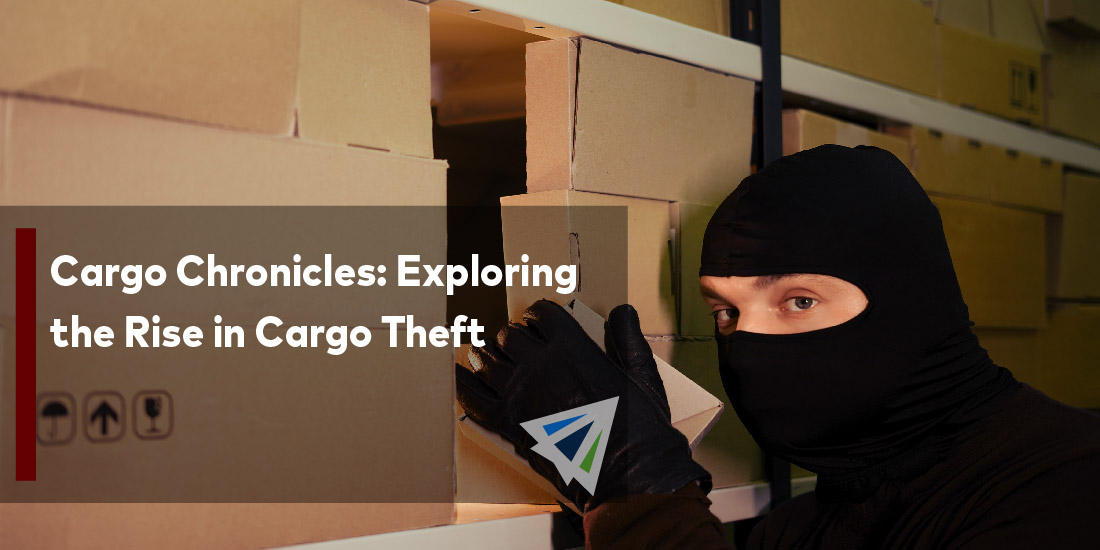In past years, the global supply chain has seen a concerning increase in cargo theft, creating many discussions and unease among industry experts and stakeholders. As supply chains continue to expand and become interconnected, they continue to face heightened vulnerabilities, as increasing cargo theft continues.
The theft of cargo can cause many economic repercussions, disruptions to logistical operations, and raises pressing questions on security – or lack thereof. Understanding the ins and outs behind this increasing trend is crucial for safeguarding cargo throughout the world.
Main Commodities and Regions Impacted by Cargo Theft
Pretty much anything that has a value is targeted by cargo thieves, especially items that can be moved easily. But cargo thieves will typically focus on higher-value goods that will promise substantial returns with relatively low-risk.
In 2023 alone, according to a report published by Overhaul – a cargo risk management company – the U.S. experienced 1,183 cargo theft events. Electronics remained the most stolen commodity – for an unfortunate third year in a row – with an average loss value of $546,045. Followed closely by food and drinks, home and garden, and miscellaneous items.
When looking at which states are cargo theft ‘hotspots’, California, Texas, and Florida consistently remain top areas for cargo to be stolen. California has a vast network of ports and interstate highways. Texas benefits from its location as a crossroads for major transportation routes, including highways and railways. Florida, a location that has ports and international trade connections, is also a significant location experiencing incidents of cargo thefts.
Disruptions to Logistical Operations
Cargo theft can create a variety of logistical nightmares that resonate throughout supply chain operations. First, the immediate loss of valuable goods disrupts inventory management and fulfillment processes, which can lead to delays in product delivery and customer dissatisfaction.
Additionally, the investigation and resolution of theft incidents can take time, resources, and money, which will take attention and resources from regular operations. Furthermore, these operations extend beyond the affected company, impacting other partners and suppliers who rely on those stolen goods for their own production or distribution processes. Additionally, cargo theft can create lack of trust or confidence among stakeholders, which can potentially lead to strained relationships.
Overall, cargo theft not only attracts direct financial losses but also can result in a ripple effect of logistical challenges in supply chain networks.
Looking Ahead
Going forward, the increase in cargo theft is a significant issue, but prioritizing prevention, detection, and swift response strategies enables companies to strengthen their defenses in the face of evolving security challenges.
Should you have any questions regarding this, please reach out to our team today.
Additionally, we have our weekly market updates that can provide you with relevant freight news, updates, developments across the industry, and more.
